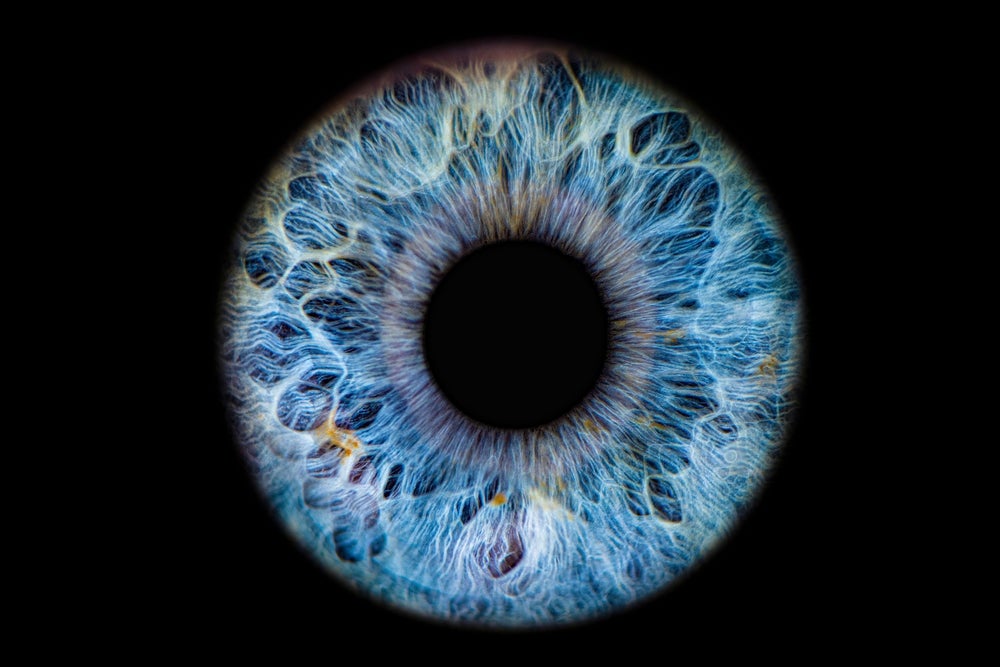Beacon Therapeutics has released promising interim results for its SKYLINE trial, which is studying gene therapy AGTC-501 (laruparetigene zovaparvovec) in patients with retinitis pigmentosa (retinitis). Currently, there is only one gene therapy on the market for retinitis, Spark Therapeutics’ Luxturna (voretigene neparvovec-rzyl), which is a retinoid isomerohydrolase activator. While AGTC-501 will not be the first gene therapy to penetrate the retinitis market, it raises the prospect of introducing a new mechanism of action into the retinitis space.
AGTC-501, currently in Phase II development for retinitis in the SKYLINE (also known as HORIZON) trial (NCT03316560), is of paramount interest due to addressing unmet needs within the retinitis space. Clinical trial results in patients with retinitis have shown that at 12 months, 63% of eyes treated with high-dose AGTC-501 (6.8E + 11 vg/eye) have experienced retinal sensitivity improvement of at least 7 decibels (dB) in at least five loci. Furthermore, patients in this study arm also demonstrated a strong improvement in visual function and in mean retinal sensitivity. The low-dose AGTC-501 (7.5 E + 10 vg/eye) group and the untreated eyes group, on the other hand, demonstrated a 0% response rate.
Beacon Therapeutics reported that AGTC-501 was well-tolerated. The majority of treatment-related adverse events were mild to moderate in severity, and there were no clinically significant safety events related to this treatment.
AGTC-501, like Luxturna, is a gene therapy. Despite this, it stands out by offering an alternative mechanism of action. AGTC-501 is an X-linked retinitis pigmentosa GTPase regulator (retinitis pigmentosa 15 or retinitis pigmentosa 3 GTPase regulator [RPGR]) activator. This has positive implications for patients, which include potentially introducing a second gene therapy into the retinitis space, as well as providing treatment with a new mechanism of action for retinitis patients. Nonetheless, as it currently stands, AGTC-501 is subject to head-to-head competition with MeiraGTx’s botaretigene sparoparvovec, also a gene therapy with the same mechanism of action, and currently in Phase III of development (NCT04671433).
Trial results for botaretigene sparoparvovec showed that at six months, patients had an improvement in mean retinal sensitivity of 1.96dB in the treated eyes compared to untreated eyes in the randomized concurrent control arm. Thus, on the basis of efficacy, AGTC-501 currently presents more promising results. However, AGTC-501 will now have to rise to the challenge against Luxturna, which increases visual field by 7.9dB in patients.
AGTC-501 has tremendous potential to be popular among retinitis patients and clinicians alike, given its promising interim results from its SKYLINE trial. Should subsequent trials give rise to results that further promote the efficacy and safety of this drug, AGTC-501 may be on a trajectory to compete with Luxturna in the retinitis space.

US Tariffs are shifting - will you react or anticipate?
Don’t let policy changes catch you off guard. Stay proactive with real-time data and expert analysis.
By GlobalData




